Launders Trust Helps Launch Solar Energy Project to Reduce Sexual Assaults Against Women and Girls in Uganda
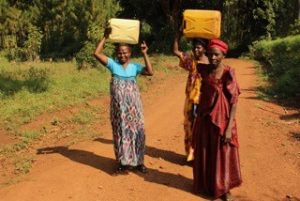
Women in this rural African village must transport water.
The Launders Trust has made a gift to the Solar Electric Light Fund (SELF) that, in partnership with the Rape Hurts Foundation (RHF), could provide far-reaching benefits to women and girls in rural areas of Sub-Saharan Africa. Collecting water and fuelwood has traditionally been their responsibility. They are forced to walk long distances to isolated areas, often in the dark. Their cumbersome cargo slows their pace—putting them at a high risk of sexual assault and its life-altering consequences.
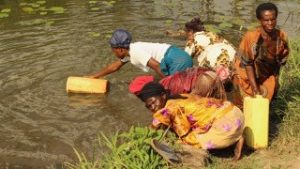
The women collect water from a local source.
The story of Jane, a 20-year-old woman from Butansi Village in eastern Uganda, illustrates the pain and heartache these women endure. Her dream of becoming a doctor was over in an instant when she hiked into the bush to collect firewood for her family one evening. She was raped by three teenage boys. Left sitting in a pool of blood, she pleaded for help from a man passing by. Instead of acting compassionately, he also raped her. Jane’s family blamed her for “enticing” her rapists and losing her bride price. She was vanquished from her home and left penniless, pregnant, and infected with HIV/AIDS. She must still travel across the same treacherous footpaths to gather fuelwood and water to support her twin children who were conceived as a result of the rape.
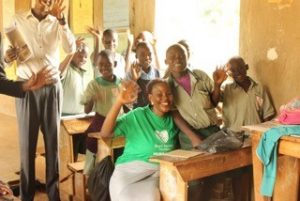
Hellen Tanyinga is shown with children in her village.
Yet, from the scattered ashes of those women’s and girls’ hopes and dreams, there are rays of light. Hellen Tanyinga is one of them. After many years, her rapist is still at large. She explains, “A lot of things run through my mind when I think of the attack, but what heals me is that I was able to start the Rape Hurts Foundation. I choose love instead of hatred, and I have turned my pain into a voice for the voiceless.”
Hellen reached out to the Solar Electric Light Fund, a Washington, DC-based non-profit that has previously received support from the Launders Trust to assist those living in energy poverty, to help address the problem of rampant sexual violence in rural communities. Together, the two organizations created a pilot program that puts clean drinking water stations illuminated with solar streets lights as well as wood-free, solar cook stoves within their community to vastly reduce the need to leave the security of their villages. The project includes revenue-producing services like a solar grain mill to produce flour, charging stations for cell phones, and a solar refrigerator to set up a cold drink business. In addition, they will charge a nominal fee for drinking water. These commercial stations not only assure that there is money to maintain and repair the solar equipment; they also provide work opportunities for the women who are being rehabilitated through the Rape Hurts Foundation. The project also provides electricity to the women’s safe house and the children’s center run by RHF. Hellen has about 120 mouths to feed every day!
If the resulting pilot project data makes a strong case for the concept of centralizing resources within villages, the intent of SELF and RHF is to make this model replicable and scalable for other organizations to adopt—leveraging the Launders Trust gift many times over.
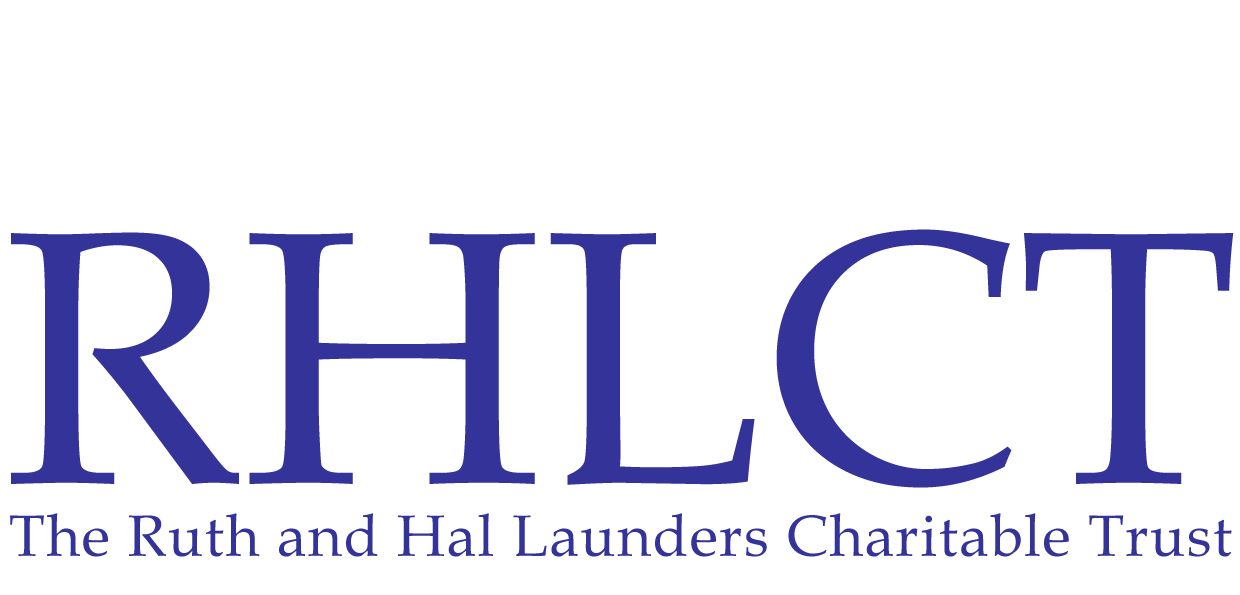
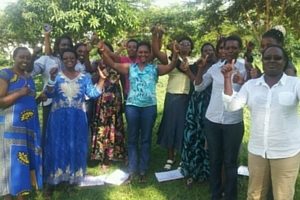

Recent Comments